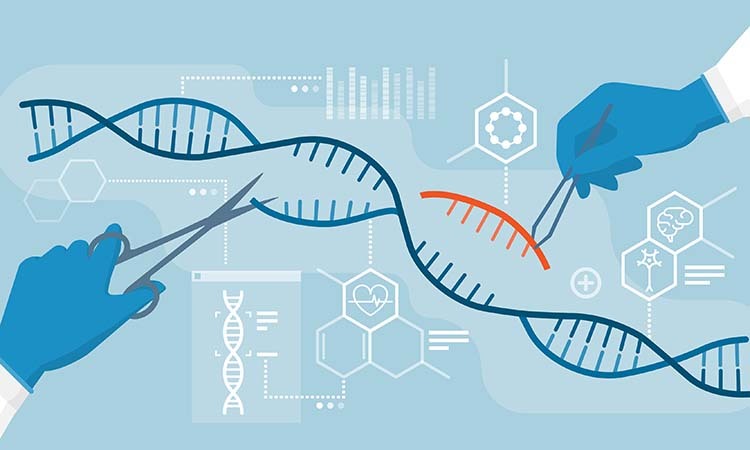Advances in Genetic Research: From Genes to Genomics
Genetic research has made significant strides in recent years, transforming our understanding of inheritance, evolution, and disease.
This article provides an overview of key advancements in genetic research, from the discovery of DNA's structure to the latest genomic technologies.
1.Introduction:
Genetic research has been at the forefront of scientific discovery for decades.
From Gregor Mendel's experiments with pea plants to the Human Genome Project, scientists have been unraveling the mysteries of genetics, paving the way for groundbreaking discoveries in medicine, agriculture, and evolutionary biology.
2.DNA's Structure and Function:
One of the most significant breakthroughs in genetics was the discovery of the structure of DNA by James Watson and Francis Crick in 1953. This double helix structure provided a blueprint for understanding how genetic information is stored and passed on from one generation to the next.
Since then, scientists have made enormous strides in deciphering the genetic code and understanding how genes function.

3.Genetic Technologies:
Advances in Genetic Technologies have revolutionized the field of genetics. Techniques such as polymerase chain reaction (PCR), DNA sequencing, and gene editing technologies like CRISPR-Cas9 have enabled scientists to study genes and genomes with unprecedented precision.
These technologies have opened up new avenues for research and have led to breakthroughs in understanding the genetic basis of disease.

4.Genomics and Personalized Medicine:
The field of genomics, which focuses on studying an organism's entire genome, has opened up new possibilities for personalized medicine.
By analyzing an individual's genetic makeup, doctors can tailor treatments to target specific genetic mutations, leading to more effective and personalized care.

5.Ethical Considerations:
As genetic research advances, ethical considerations become increasingly important.
Issues such as genetic privacy, the use of genetic information in insurance and employment, and the implications of gene editing technologies raise complex ethical questions that must be carefully considered.

